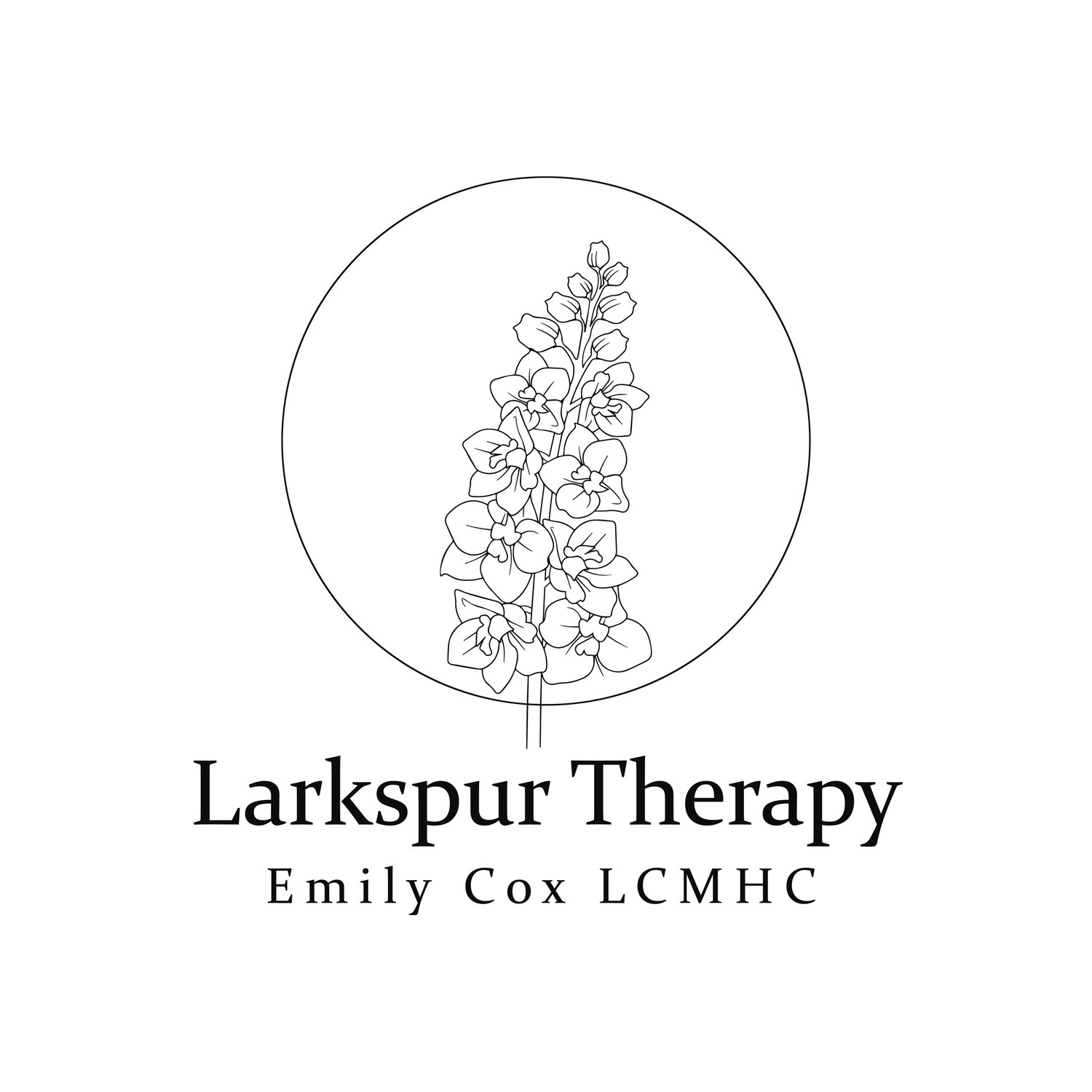Remembering the Mermaids of Hurricane Helene
The Western North Carolina area is still recovering from the devastating impact of Hurricane Helene, even over a month after the flood waters receded. The winds and rain brought catastrophic damage, breaking roads, bridges, mountains, homes, and lives. Life in the Asheville area is very different than before the storm. In this mass trauma event, many incredible organizations stepped in the help. One of the most impactful and effective organizations is BeLoved Asheville. They recently shared a deeply moving Instagram post sharing the story of a young girl. Please check out their Instagram to read the whole post. A section is quoted below.
“…as the floodwaters rose, her mother tried to lift her onto their roof. With her last words, she looked her daughter in the eyes and said ‘I love you,’ before the river pulled her away.
‘My daddy says Mommy is a mermaid now,’ she said. ‘I know my mommy is a real mermaid.’”
There are many mermaids in the rivers, streams, trees, and mountains now. Many who gave their last strength to save their families. Many who bravely attempted to save neighbors and friends. They will swim in our memories.
The Mermaids of Hurricane Helene is such an impactful story because it highlights the tragedy and hope that occurred after the storm hit. It also beautifully demonstrates the power of narrative in healing. Included below are some narrative techniques to support processing and healing.
Narrative therapy often encourages people to explore the broader interpretations of their experiences. By framing trauma as part of a larger story, survivors are invited to look at other stories within their lives—those of resilience, love, connection, and survival. This approach helps lessen the overwhelming nature of traumatic memories and gives space for growth and connection.
Externalizing the Event- Moving Beyond the Survivor Story
One of the key principles of narrative therapy is externalizing the problem. This means recognizing that the trauma from the natural disaster is something external to the person, not an inherent flaw or characteristic. People can begin to separate their identity from the trauma by seeing the trauma as an event outside themselves. Through this, they can acknowledge other aspects of who they are and how they navigate the world.
For example, someone might say, “The flood caused my fear and instability,” rather than “I am forever broken by the flood.” This small shift allows space for healing and resilience. It can remind folks that while the natural disaster was devastating, it doesn’t define the entirety of their life or identity.
Reauthoring- Creating a New Story of Resilience
Narrative therapy also supports the process of reauthoring, or creating new, empowering narratives. Survivors are encouraged to reflect on the moments when they demonstrated strength, found support, or made small choices that positively impacted their recovery. Folks can create a counter-story to the disaster—one that celebrates resilience, growth, and adaptation. In reauthoring survivors can begin to recognize themselves as active agents in their recovery, capable of navigating challenges.
Making Meaning from the Trauma
Another powerful aspect of narrative therapy is its focus on finding meaning in traumatic experiences. A natural disaster can create sudden loss and changes. However it can also clarify values, highlight strengths, and open for more connections. Many survivors discover a renewed appreciation for relationships, a desire to help others in their community, or a commitment to personal growth. Folks can explore how their experience may shape the way they want to live moving forward.
Narrative therapy also emphasizes the collective experience, recognizing that sharing one’s story can foster connection and resilience. For natural disaster survivors, connecting with others who’ve had similar experiences can lessen isolation, increase understanding, and help them find support in the journey toward healing. Many survivors of Hurricane Helene are finding connection with survivors of Hurricane Katrina, valuing discussions with those who have experienced similar events and “get it.”
Reclaiming the Future and Remembering the Mermaids
The devastation and loss of Hurricane Helene can feel overwhelming. The mermaids still swim in the floodwaters. Narrative therapy offers a pathway for folks to process and reclaim their stories. By externalizing the trauma, reauthoring narratives of resilience, and finding meaning in the experience, folks can navigate the journey from feeling overwhelmed to feeling empowered. Through these steps, survivors may rediscover their strength and ultimately rewrite their story with hope and renewed purpose.
If you are outside the WNC area and would like to support location organizations in the recovery efforts, please check out these organizations below:
If you are in the WNC area and are needing mental health support, please check out the Resources page or Contact Me below for pro-bono or reduced fee therapy options.

